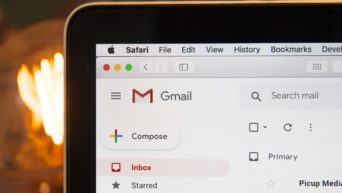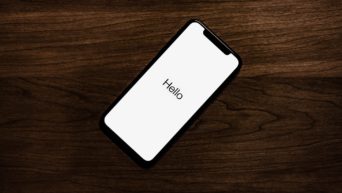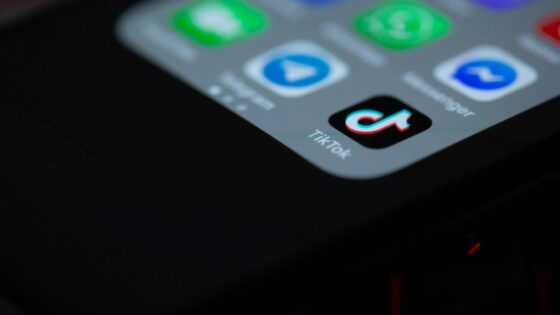
Credit: 10 Downing Street/Business Insider
People don’t like it when their business convos get leaked.
Those of us who continue to work from home still need a means to keep in contact with coworkers, bosses, and what have you. This is why it’s a beneficial to have access to apps like Zoom, which allow for easy video-chatting with a business-oriented design. However, if you’ve been using Zoom for your work-at-home purposes, you might want to consider trying a different app, because Zoom is a bit, shall we say, unstable.
Zoom has been under heavy fire recently for gaffs including (but not limited to) leaking user data to strangers, allowing random people to initiate calls against another’s will, handing data over to Facebook, and lying about end-to-end encryption. Complaints and even lawsuits have been lodged due to Zoom’s data-sharing practices, as well as unpopular facets of the app like installing web servers and then not deleting them or “attendee tracking,” which allows people to see when call participants are clicking off. The increased use of the app due to coronavirus isolation has also resulted in increased scrutiny of its features and practices, and it seems the app can’t quite hide the cracks in its foundation.
Using #Zoom On Windows?
⚠️Beware — a new unpatched 'UNC path injection' vulnerability in Zoom video conferencing #software could let remote hackers steal your Windows login password.
Learn how ➤ https://t.co/KLBu4HEg7L#zoommeeting#zoombombing#coronavirus#infosecurity pic.twitter.com/5QGexNP2An
— The Hacker News (@TheHackersNews) April 1, 2020
Unsavory sorts have been taking advantage of Zoom’s numerous vulnerabilities. A new fad in net troll circles is “Zoombombing,” in which random people can invade and hijack business calls, which is usually followed by broadcasting loud, obnoxious sounds or just straight-up smut.
Tech experts have been advising users that use Zoom that they continue to do so at their own risk. They have recommended FaceTime and WhatsApp as substitutes, though unfortunately, those apps have weaknesses of their own. They do have end-to-end encryption, though, so pick your battles, I guess.































